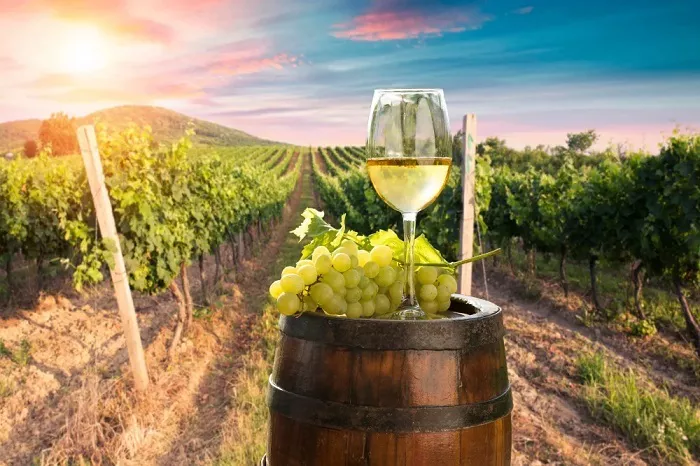As cannabis-infused beverages increasingly appear at upscale gatherings, some advocates are hailing them as healthier, more mindful alternatives to traditional alcoholic drinks. But the rising popularity of these products has sparked concern among wine industry supporters, who see the trend as a strategic effort to reframe the narrative around moderation, health, and social drinking.
A recent article in Gigwise, titled Celebrity-Endorsed Cannabis Drinks: The New Toast of High-End Gatherings, highlights the growing appeal of cannabis beverages among health-conscious consumers. “Perhaps the most compelling reason for the champagne-to-cannabis switch is the complete absence of hangovers,” writes journalist Emma Richardson. “This benefit particularly resonates with health-conscious consumers who still want social lubrication without the inflammation, dehydration, and brain fog that often follow alcohol consumption.”
Richardson’s commentary reflects a broader marketing push by cannabis beverage producers, who position their products as sophisticated, wellness-forward, and inherently moderate. However, critics argue that this positioning borrows heavily from the longstanding cultural and philosophical identity of wine—an appropriation that some find both misleading and troubling.
Historically, wine has been associated with balance and intellectual refinement. Ancient Greek traditions, for instance, emphasized moderation in wine consumption, rejecting drunkenness in favor of thoughtful enjoyment. To suggest that cannabis now embodies these values, some argue, is to ignore a rich and deeply rooted cultural legacy.
Moreover, critics take issue with what they describe as a growing “moral high ground” claimed by the cannabis industry. Increasingly, anti-alcohol rhetoric is couched in moral terms, with organizations like the World Health Organization publishing media guidelines that link alcohol use to social ills such as domestic violence, divorce, and vandalism.
While not opposed to cannabis itself, some observers caution against the framing of wine as outdated or harmful in contrast. They argue that the wellness-focused dismissal of wine, often framed around the absence of hangovers or “brain fog,” unfairly maligns a beverage that has long served as a symbol of community and connection.
“Wine has been a communal drink for over 8,000 years,” one industry advocate noted. “It emerged from rural agricultural traditions and continues to serve as a quiet, natural accompaniment to human connection.”
As cannabis beverages gain momentum in elite social circles, defenders of wine call for a more vocal promotion of its benefits. They warn that the subtle shift in perception—left unchallenged—could result in a cultural erasure of wine’s historical significance and its role in mindful, moderate enjoyment.
Is the cannabis beverage boom a wellness revolution or a savvy rebranding campaign at the expense of wine’s legacy? The debate, for now, is just beginning.
You Might Be Interested In:


